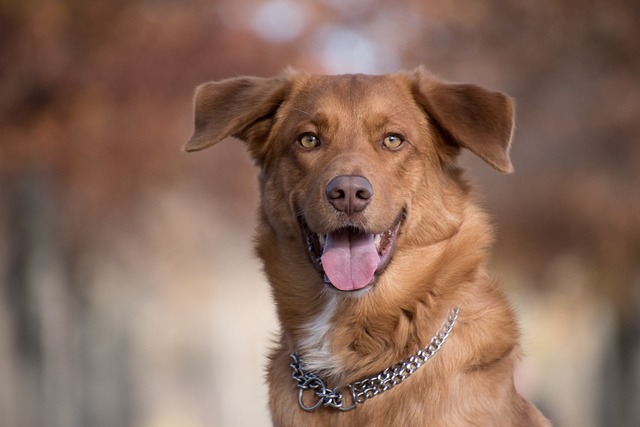
What is glaucoma in a dog?
You might notice your dog squinting more at mealtime or avoiding bright sunlight—these small changes could be early signs of a serious eye condition.
Finding your dog hunched over the floor, vomiting or struggling with diarrhea, instantly spikes anxiety—you’re probably wondering how soon they’ll be back to begging for treats. That answer depends on a few key factors, starting with whether their gastroenteritis is acute or chronic, and how quickly you act to get them help. Skipping a vet visit here isn’t just risky for your pup—it could also run afoul of local pet welfare laws, which in many U.S. states and EU countries require prompt care for persistent symptoms.
Acute gastroenteritis, the most common type, often hits suddenly after eating something off—like spoiled table scraps or a chewed-up toy. With the right care, most dogs bounce back in 3 to 5 days: this means following your vet’s order to withhold food for 12-24 hours (to rest their gut) and then easing in bland meals, like boiled chicken and rice. Dog gastroenteritis recovery time speeds up even more when you stick to vet-approved diets; using untested “home remedies” might slow healing and violate guidelines set by groups like the AVMA.
 Chronic gastroenteritis, though less frequent, lingers for weeks or months, usually tied to allergies or conditions like inflammatory bowel disease. Here, recovery takes longer—often 2 to 4 weeks—and needs a tailored plan from a licensed vet. In places like California or France, skipping this professional care could mean breaking laws that mandate addressing chronic pet illnesses, not just managing symptoms. It’s also key to track your dog’s behavior: if they’re still refusing food after 48 hours, that’s a sign to call your vet back immediately.
Chronic gastroenteritis, though less frequent, lingers for weeks or months, usually tied to allergies or conditions like inflammatory bowel disease. Here, recovery takes longer—often 2 to 4 weeks—and needs a tailored plan from a licensed vet. In places like California or France, skipping this professional care could mean breaking laws that mandate addressing chronic pet illnesses, not just managing symptoms. It’s also key to track your dog’s behavior: if they’re still refusing food after 48 hours, that’s a sign to call your vet back immediately.
Hydration is another non-negotiable part of recovery. Dehydration from vomiting or diarrhea can stretch dog gastroenteritis recovery time and even lead to more serious issues. Offer small sips of water often, and if your vet recommends electrolyte supplements, make sure they’re FDA or EMA-approved—giving human electrolytes is toxic and could land you in trouble with animal welfare regulations. Avoid pushing your dog to eat or drink too much at once, too; their gut needs gentle handling to heal.
Preventing gastroenteritis in the first place saves you and your pup stress. Keep trash cans locked, clean food bowls daily, and steer clear of toxic foods like grapes or onions—these are top triggers, and avoiding them aligns with best practices in places like the UK, where pet owners are legally responsible for preventing harm. Regular vet checkups also help catch early signs, so you can stop mild issues from turning into longer battles.
At the end of the day, most dogs recover fully from gastroenteritis when they get timely, compliant care. The exact timeline shifts based on the type of illness and how well you follow your vet’s advice, but staying on top of symptoms and local pet laws ensures your pup gets back to playtime faster. If you’re ever unsure about their progress, don’t hesitate to reach out to your vet—they’ll keep both you and your dog on the right track.

You might notice your dog squinting more at mealtime or avoiding bright sunlight—these small changes could be early signs of a serious eye condition.

Let’s set the scene: It’s a sweltering Phoenix afternoon—105°F outside—and you rushed your 2-year-old Lab mix, Cooper, on a quick walk to “get it over with.”

Let’s get real: You’re in your Miami apartment, watching your 3-year-old Corgi, Loki, struggle to climb the stairs to your second-floor unit.

Many dog owners brush off occasional scratching as just “dog behavior,” but persistent itching often signals something more—like a food allergy.

You might first notice your dog scratching more than usual—chewing at their paws until the fur looks thin, or rubbing their face against the couch nonstop.

Let’s be real: You’re standing in your Chicago apartment, watching your 3-year-old Beagle, Max, huff and puff just to climb onto the couch.